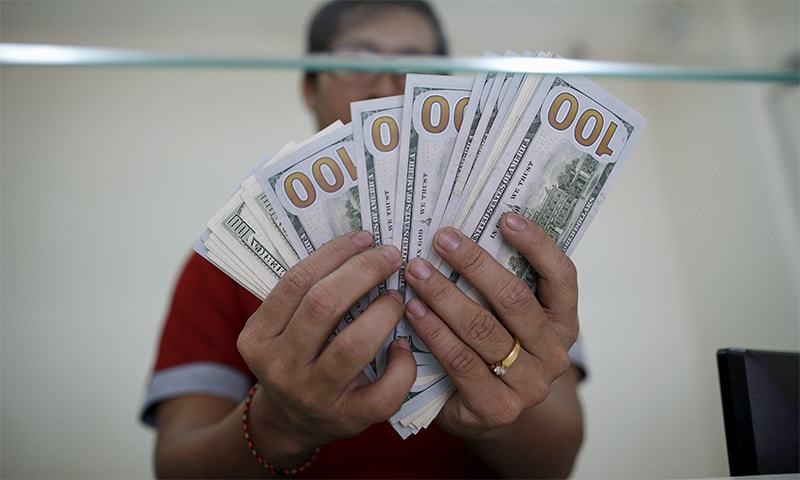The interior ministry has constituted a FATF (Financial Action Task Force) cell to ensure effective and timely implementation on the FATF action plan.
According to a notification issued on Monday, four officers associated with the National Counter Terrorism Authority (Nacta) have been inducted into the cell.
Nacta Director General Munir Masood, Director Dur-e-Maqnoon, Deputy Director Habibur Rehman, and Assistant Director Mufti Mohammad Yaqoob have recently been made members of the cell, whereas an additional secretary of the ministry is heading it. . Earlier in July, the Federal Board of Revenue (FBR) had also established a similar FATF cell to ensure implementation of measures against terror financing carried out through currency smuggling.
The cell in FBR seeks information required for FATF-related work. It serves as a focal point for all activities related to customs compliance for FATF issues.
The FATF, a global watchdog for money laundering and terrorist financing, earlier this month gave Pakistan a four-month lifeline, urging Islamabad to fulfil its commitments by February 2020.
The Paris-based FATF gave the lifeline after reviewing measures taken and progress made by Pakistan. The global watchdog warned of action in case significant and sustainable progress is not made across the full range of the action plan by the next plenary scheduled for February 2020. The action, it added, could include the FATF calling on its members and urging all jurisdictions to advise their financial institutions to give special attention to business relations and transactions with Pakistan.
“To date, Pakistan has only largely addressed five of 27 action items, with varying levels of progress made on the rest of the action plan,” the note had read.
In 2012, Pakistan was placed on the grey list where it remained till 2015. The country was put on the list again on June 29, 2018. Pakistan was given 15 months for implementation of the 27-point action plan, with a warning that in case of failure, the country would be added to the blacklist — a list of the countries branded as uncooperative and tax havens for terror funding.
Currently, only Iran and North Korea are on the blacklist.
















































